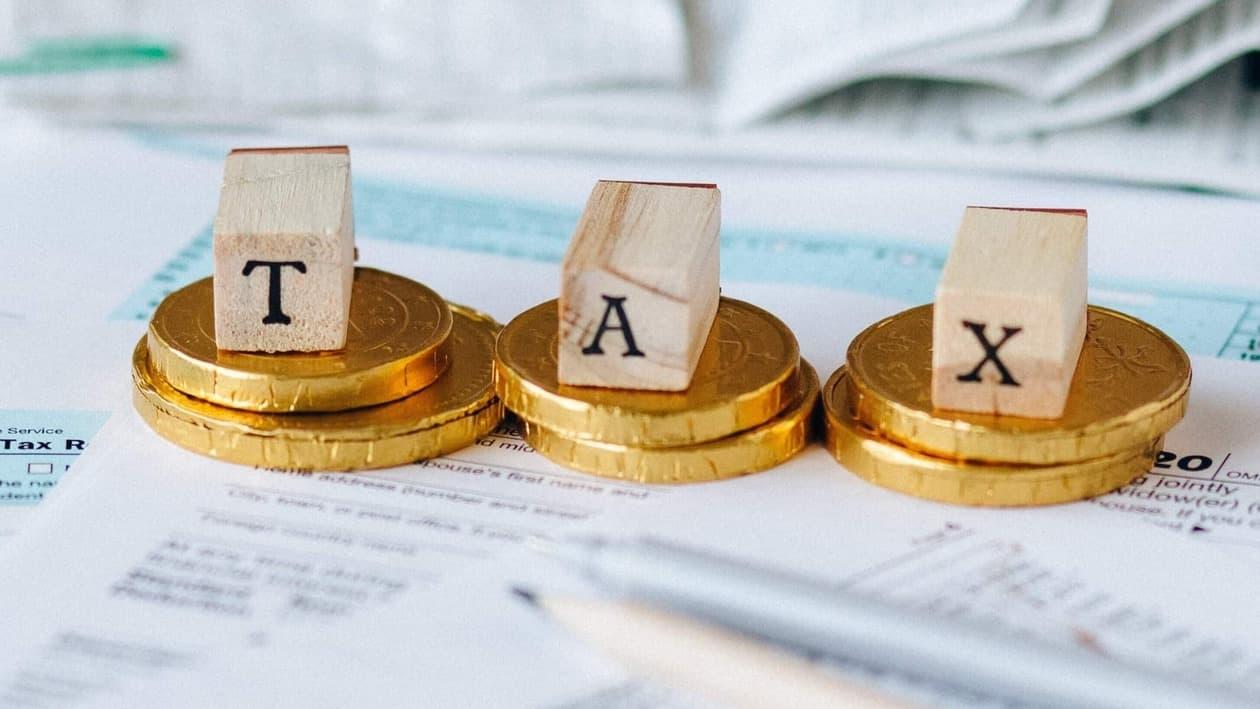Q. I am a 25-year-old unmarried private sector employee. Recently, I switched my job and moved to my home town Mumbai, after working in Chennai for 4 years. I am currently living with my parents in our family home. Though my company provides me with House Rent Alliance (HRA), I still wish to live with my parents in their house and not in a rented accommodation. Can I get HRA tax exemption if I am living with my parents? Also, can you tell me what documents are required for the purposes of claiming HRA tax exemption and how much tax exemption can I claim in a particular year?
Mr Rajeev Mahajan, Mumbai
People are frequently required to relocate to different cities in order to work. In such situations, they may end up paying rent for accommodation. Generally, organizations compensate workers for this expense by providing them with a housing allowance in addition to their basic pay. This is typically included in the salary structure. However, under the Income Tax Act, HRA is tax-exempt (subject to applicable conditions mentioned below), however, many people are ignorant about tax provisions pertaining to HRA and lose out on reducing their taxable income.
What is a house rent allowance (HRA)?
House Rent Allowance or HRA is a component of the salary provided by an employer to an employee for the purposes of payment of rent of the accommodation availed by the employee. House Rent Allowance (HRA) is a part of most government as well as private sector employees' salary packages. Despite being a part of your salary, HRA is not fully taxable, unlike basic salary. The HRA is partially or fully exempt depending on the criterion specified in the Income Tax Act.
HRA tax exemption calculation
Tax-exempt HRA is calculated on the basis of four factors: (a) your salary, (b) the HRA you receive from your employer, (c) the actual rent you pay, and (d) whether you reside in a metro or a non-metro city. The tax-exempt HRA will be the lowest of the following:
The actual HRA is paid by your employer.
- Actual rent paid for accommodation minus 10% of basic salary
- 40% of salary (50% of the salary if the rented property is in a metro city, i.e., Mumbai, Delhi, Chennai, or Kolkata).
- Salary means (Basic + D.A + Commission based on a fixed percentage of turnover).
The house rent allowance calculation or HRA formula involves calculating the three aforementioned factors and claiming the lowest as the HRA deduction under Income Tax Act.
Paying rent to family members
The person claiming the tax exemption cannot be the owner of the rented property. Therefore, if you are not the owner of your accommodation you can claim HRA tax exemption by paying rent to your parents. It is important that you must have proof of financial transactions between you and your parents, i.e. payment of rent. Therefore, keep a record of your banking transactions and rental receipts as the tax department may reject your claim if they are not convinced of the authenticity of the transactions.
Documents required to claim HRA tax exemption
In order to claim an HRA tax exemption, a person must submit certain proofs of documentation. This includes rental receipts indicating the rent used for HRA deduction calculation or the rental agreement indicating the equivalent rent amount.
If the rent paid for a house exceeds ₹1 lakh in a particular financial year, the individual will be required to provide the PAN number of the property owner to the employer. If the landlord does not have a PAN, the employee is required to submit a declaration stating the same to his employer. The taxpayer is also required to have documentary proof of rent payment.
A few important conditions to be satisfied for claiming HRA deduction
- This deduction is only allowed if the employee pays rent for his or her residence. If no rent is paid for a given period, no deduction is permitted for that period. The income tax official may request proof in the form of rent receipts.
- HRA is allowed even if rent is paid to family members. There is no legal requirement, but it is recommended that such rent be paid monthly and through bank transfer.
- When there is a change in job location (i.e., a move from non-metro to metro cities or vice versa) or a change in salary, there will be a consequential change to the tax-exempt component of your HRA. As a result, the deductions or tax exemptions component of HRA may vary in a given financial year.
- Every year at the time of income tax filing, a salaried individual has the option of continuing with the existing tax regime (with tax deductions and tax exemptions) or opting for the new income tax regime without tax deductions and tax exemptions (like HRA). Therefore, if you choose the new income tax regime, you will not be eligible for the HRA tax exemption.
Conclusion
The HRA is an essential part of the salary of most individuals. Generally, all employers provide HRA as housing/rental expense compensation. However, the majority of us are unaware that we can also save tax on it at least partially. It is important to keep in mind that you cannot claim a tax exemption on rent paid to yourself, so once you purchase a house your tax free income will reduce. Lastly, as a renter, you must enter into a rental agreement and keep rent receipts in safe custody.
Kuvera is a free direct mutual fund investing platform.
Note: This story is for informational purposes. Please speak to a financial advisor for detailed solutions to your questions.
